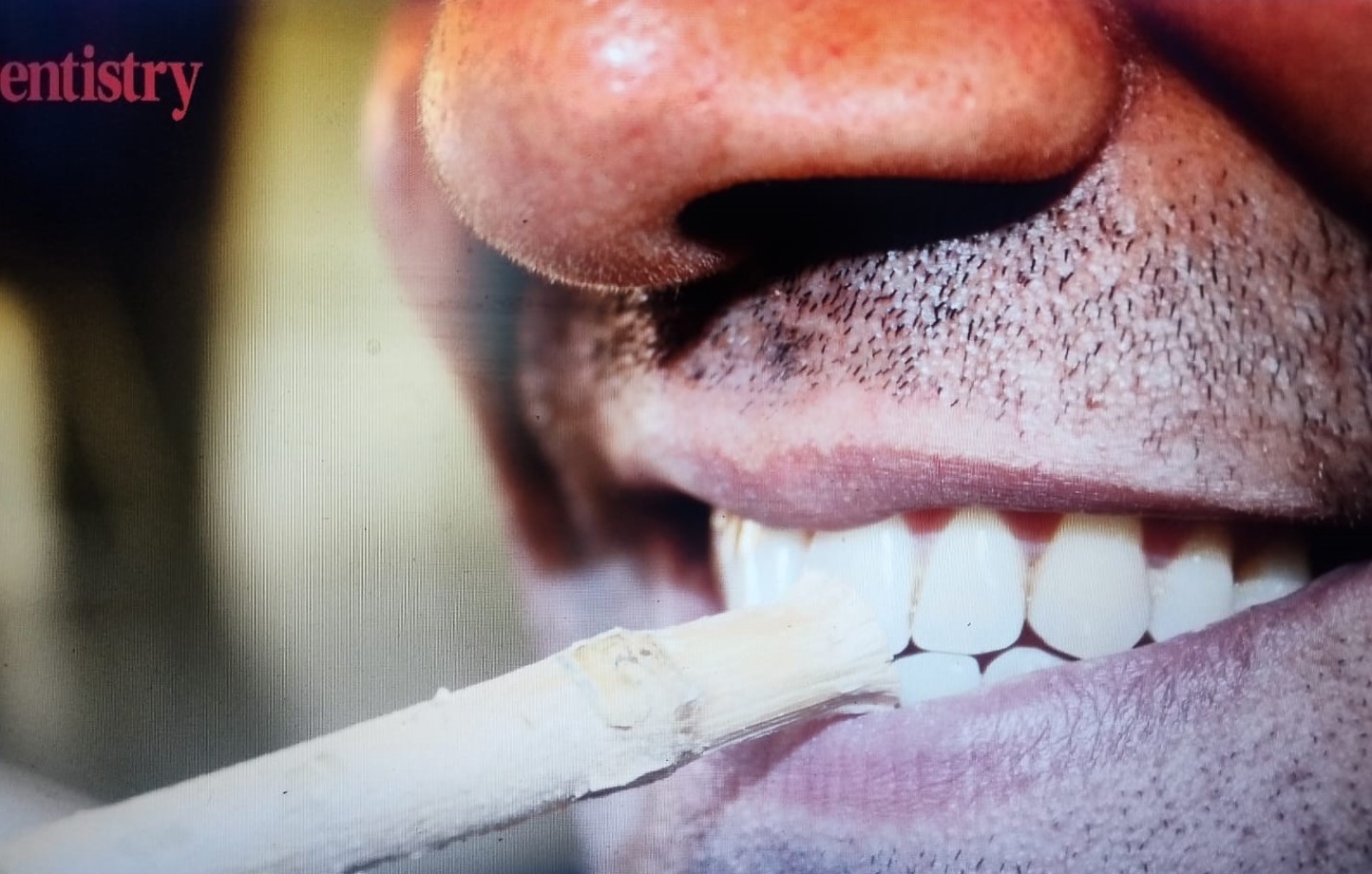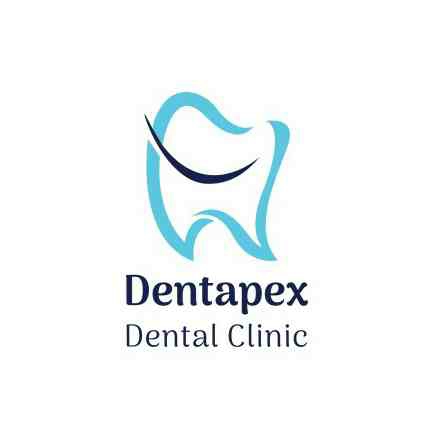+918045133587

This is your website preview.
Currently it only shows your basic business info. Start adding relevant business details such as description, images and products or services to gain your customers attention by using Boost 360 android app / iOS App / web portal.
Oral care is a universal concern, but the traditio...

Oral care is a universal concern, but the traditions and practices surrounding it vary widely across cultures and regions. From ancient rituals to modern dental hygiene practices, the methods and beliefs surrounding oral care provide fascinating insights into the diverse cultural tapestry of humanity. In many cultures, oral care rituals have deep historical roots, often intertwined with religious or spiritual beliefs. For example, in ancient Ayurvedic tradition in India, oil pulling, known as "kavala" or "gundusha, " involves swishing oil (usually sesame or coconut) around in the mouth for several minutes each morning. This practice is believed to detoxify the body and promote oral health by removing toxins and bacteria. Similarly, in traditional Chinese medicine, the tongue is considered a mirror of overall health, and practitioners often examine the tongue to diagnose systemic imbalances. Chinese herbal remedies and acupuncture may be prescribed to address oral health issues in conjunction with dietary recommendations and lifestyle adjustments. In Japan, the centuries-old practice of "miswak" or "chewing sticks" involves using twigs from the Salvadora persica tree to clean the teeth and freshen the breath. This tradition predates the widespread use of toothbrushes and toothpaste and is still practiced by some today for its purported antibacterial properties. In Indigenous cultures around the world, natural materials such as chew sticks, charcoal, and salt have been used for oral hygiene for generations. For example, Indigenous communities in North America historically used chewing sticks made from aromatic plants like sweetgrass or sage for oral care. Religious practices also influence oral care traditions in many cultures. In Islam, the use of a "miswak" or tooth-stick for oral hygiene is highly recommended and is believed to have been endorsed by the Prophet Muhammad. Some Muslims also perform "siwak, " the act of cleaning the teeth with a miswak stick, as part of their daily prayers. In Africa, traditional oral care practices vary widely among different ethnic groups. For example, the Maasai people of East Africa traditionally clean their teeth with twigs and charcoal, while the Xhosa people of South Africa use a mixture of salt and water to rinse their mouths. Modern dental hygiene practices have also evolved significantly, influenced by advances in science and technology. Today, the use of toothbrushes, toothpaste, dental floss, and mouthwash is widespread across the globe. However, cultural preferences still shape oral care habits, with variations in preferred flavors, textures, and ingredients of oral care products. In some cultures, home remedies passed down through generations are still valued alongside modern dental practices. For example, in India, neem twigs have been used for centuries for their antibacterial properties, and neem-based toothpaste and mouthwash remain popular choices for those seeking natural oral care solutions. Overall, the traditions and practices surrounding oral care around the world reflect the rich tapestry of human culture, blending ancient wisdom with modern science to promote oral health and well-being. Whether rooted in spirituality, tradition, or practicality, these diverse approaches to oral care highlight the importance of cultural context in shaping health behaviors and beliefs. FOR MORE ENQUIRIES, VISIT OR CALL US DENTAPEX DENTAL CLINIC MUTHANALLURU CROSS, MARATHAHALLI-SARJAPUR ROAD, DOMMASANDRA, BANGALORE 8369169473 #Dentist #Familydentest #bestdentalclinic #sarjapurroad #dommasandra #muthanllurucross #Dental clinic #Teeth cleaning #Teeth whitening #Dental implants #Orthodontics #Dental hygiene #Root canal #Oral surgery #Tooth extraction #Cosmetic dentistry #Gum disease #Dental emergency #Pediatric dentistry #Dental crowns #Dental bridges #Tooth filling #Invisalign

